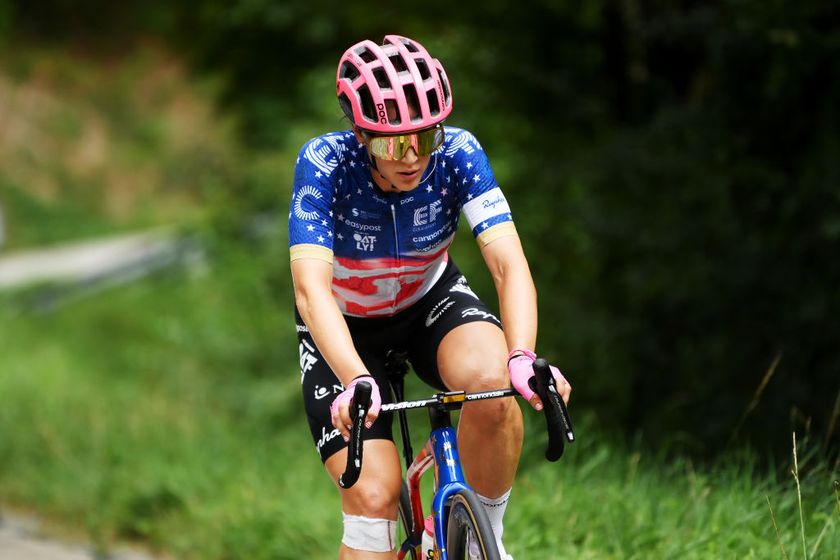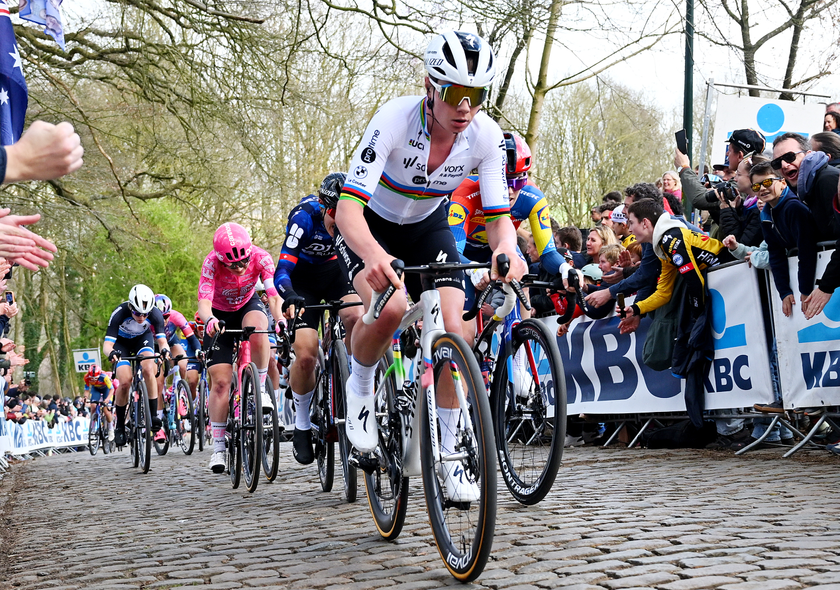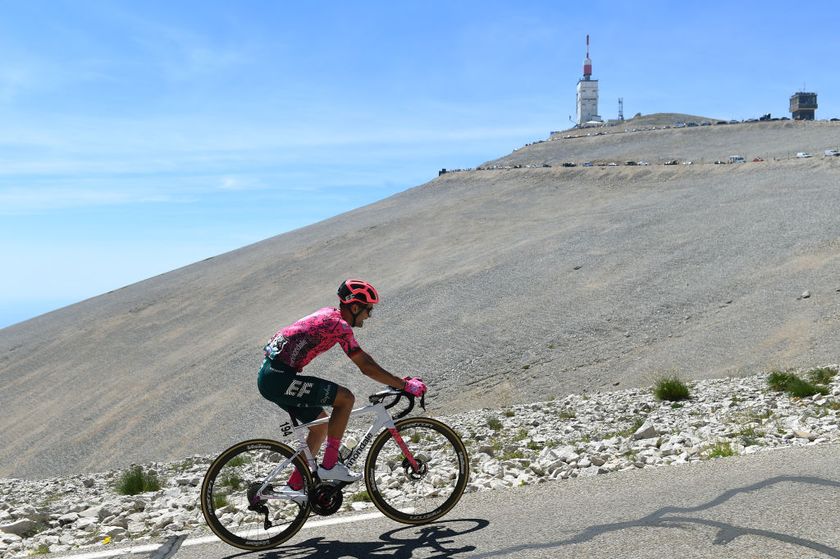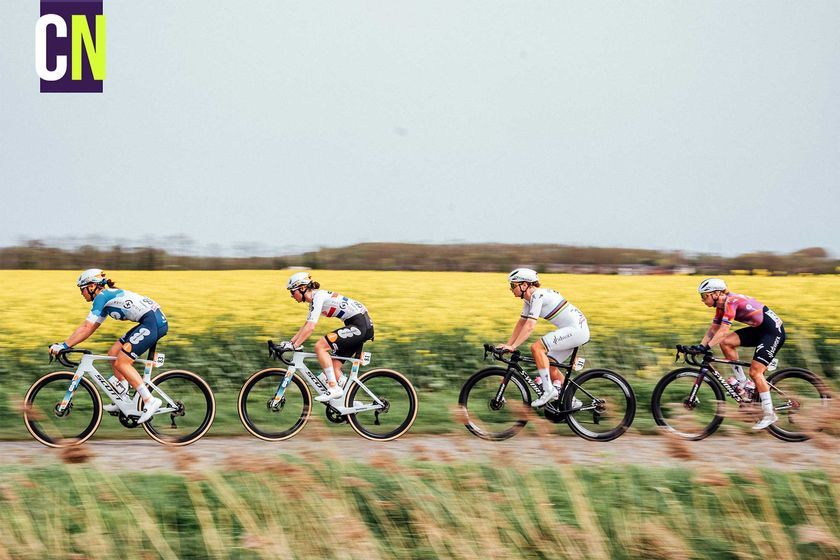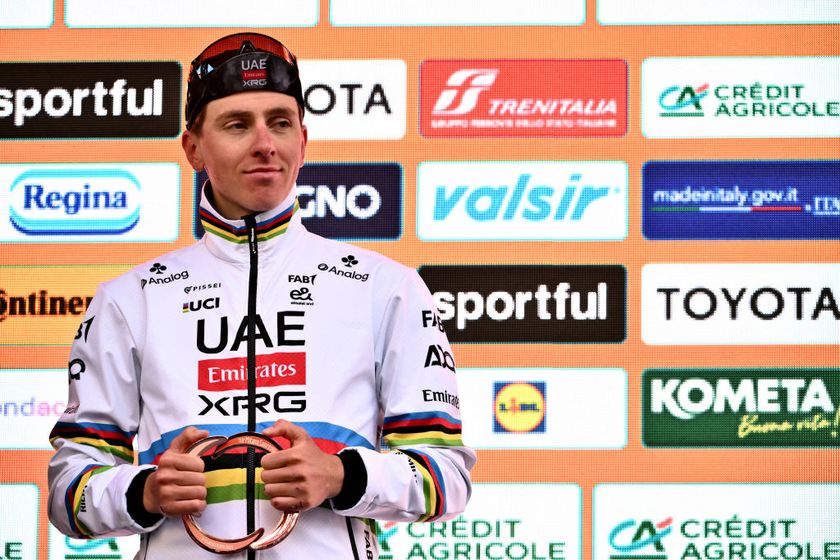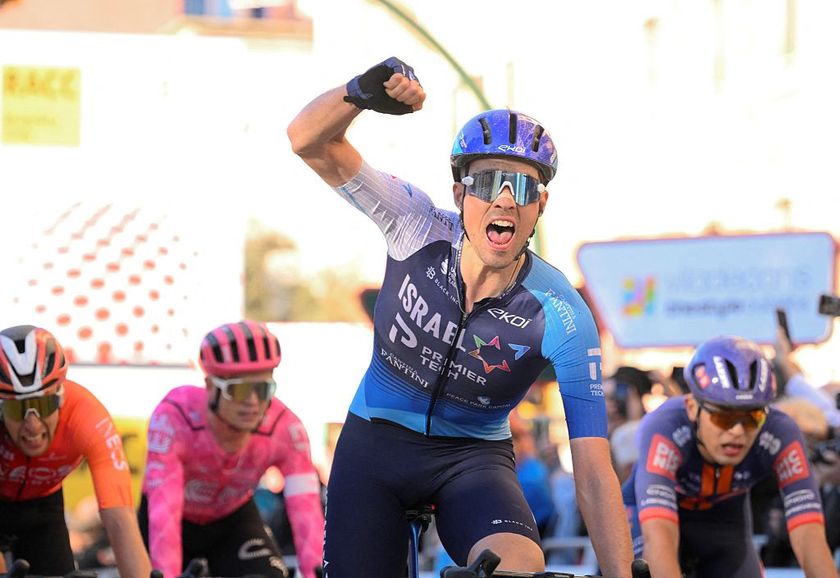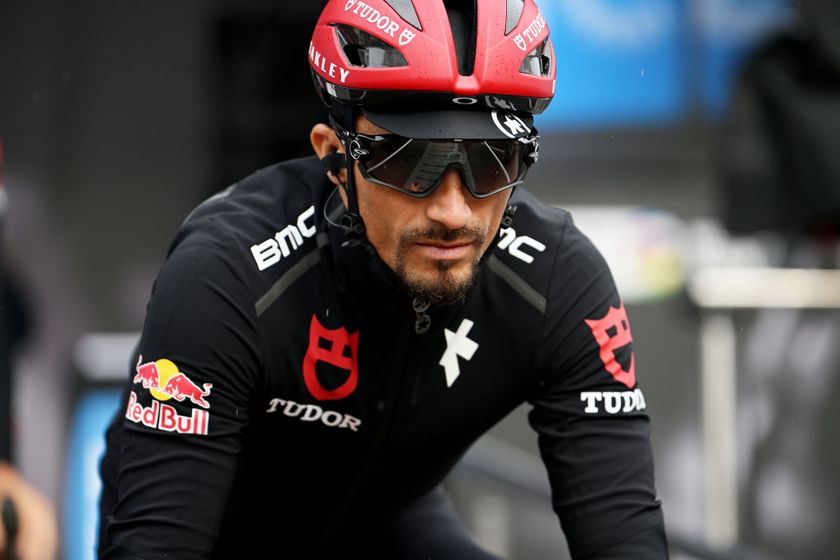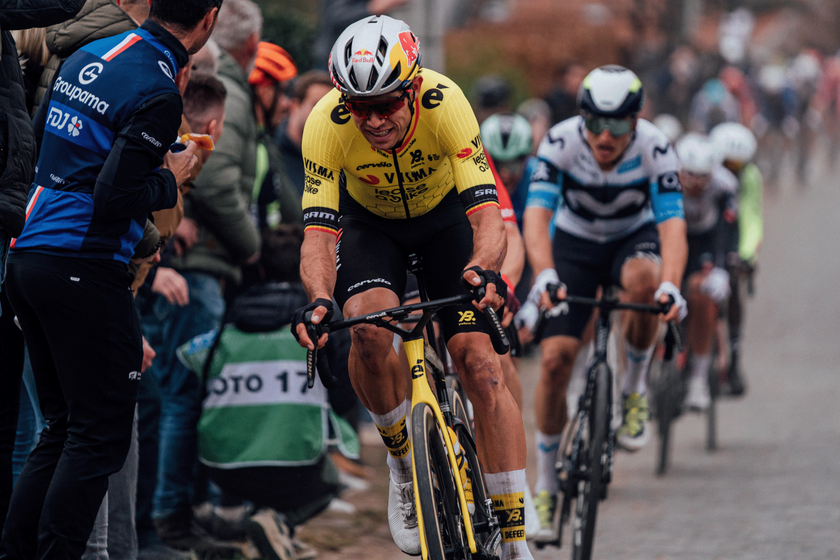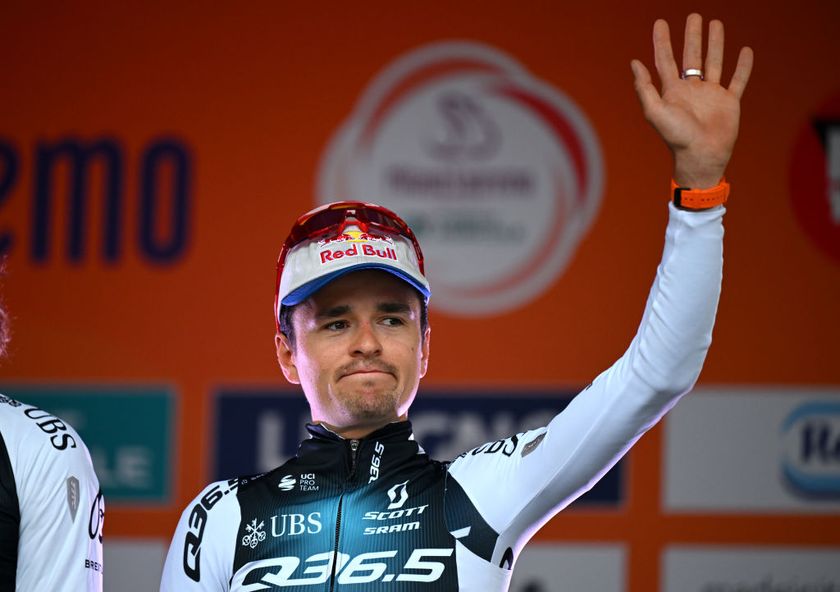Phinney the key to BMC's team time trial effort
Playing to tune of weakest link crucial, says Peiper



A team time trial formation is only as strong as its weakest man, so the adage goes, and Taylor Phinney will have to take that maxim to heart as he takes the reins for BMC in the 17.4km test on stage 2 of the Giro d'Italia in Ischia on Sunday.
Cadel Evans is BMC's team leader and has designs on the final podium in Brescia, but when it comes to Sunday's team time trial, his young American teammate Phinney shoulders the burden of responsibility for dictating the tempo for BMC's effort on the sinuous island course.
Given the technical nature of the undulating circuit, the gulf between the weakest and strongest links on the team could yawn as wide as the Bay of Naples, but BMC performance director Allan Peiper is confident that Phinney will pitch his effort accordingly.
"Taylor is a time triallist, he's been a pursuiter so he knows about tempo. So he is actually the key because he could make us or break us, and he is very aware of that," Peiper told Cyclingnews. "Playing to the tune of the weakest links is something that he's going to take into consideration and something that he's very aware of in that sort of captaincy role that he has in team time trials."
In spite of his tender years, Phinney demonstrated his ability to orchestrate a collective effort in the Tour of Qatar in February, as he helped power BMC to team time trial victory. That was on a pan-flat parcours, on wide desert roads - the narrow coastal road on Ischia will pose a different challenge, and communication on the hoof will be crucial.
"In a flatter TT you can build in some tactics beforehand - you can say we'll use this guy then, and he'll ride this much - but with this parcours, it's more unpredictable and more complicated," Peiper said. "I think the riders are in control of their own fate to some extent."
A technical course
Get The Leadout Newsletter
The latest race content, interviews, features, reviews and expert buying guides, direct to your inbox!
Faced with the logistical headache of travelling to Ischia, none of the main contenders opted to view the course in person beforehand, preferring instead to send emissaries on scouting missions in the weeks before the Giro. As performance director, Peiper was charged with the task for BMC and travelled to Ischia on Friday afternoon to video the course while the eyes of the Girini were on the race presentation in Naples.
"Who told you that?" he joked. "It was good to go out and have a look at it. It always looks different with your own eyes, and a stage profile doesn't give a true reflection of how the course is going to go."
"Technical" is the buzzword on the lips of most directeurs sportifs as they discuss the Ischia team time trial, but Peiper pointed out that it is the undulations rather than the corners that will pose the greatest problems.
"It's technical not in the sense of how many corners there are, it's technical in the sense that it's constantly changing terrain - climbs, descents, gradients, winding roads," he said. "With nine riders it will be difficult to ever get into a good rhythm and really difficult to hold all of those nine riders together at all times. It will take quite a bit of thinking and diligence on the riders' behalf to keep grouped and also to keep the pace at the level it's supposed to be at."
Peiper was reluctant to hazard a guess at the likely time gaps at the close of business on Sunday afternoon but he was sure of one thing - the difference will be made in the opening six kilometres of the team time trial.
"Teams could lose between one and four riders there, it's that simple," Peiper said. "It's not just because it's hard at the start but it's technical there too and your team could split. There's no recovery time in those first six kilometres, so I think that's going to be the crucial factor."

Barry Ryan was Head of Features at Cyclingnews. He has covered professional cycling since 2010, reporting from the Tour de France, Giro d’Italia and events from Argentina to Japan. His writing has appeared in The Independent, Procycling and Cycling Plus. He is the author of The Ascent: Sean Kelly, Stephen Roche and the Rise of Irish Cycling’s Golden Generation, published by Gill Books.
